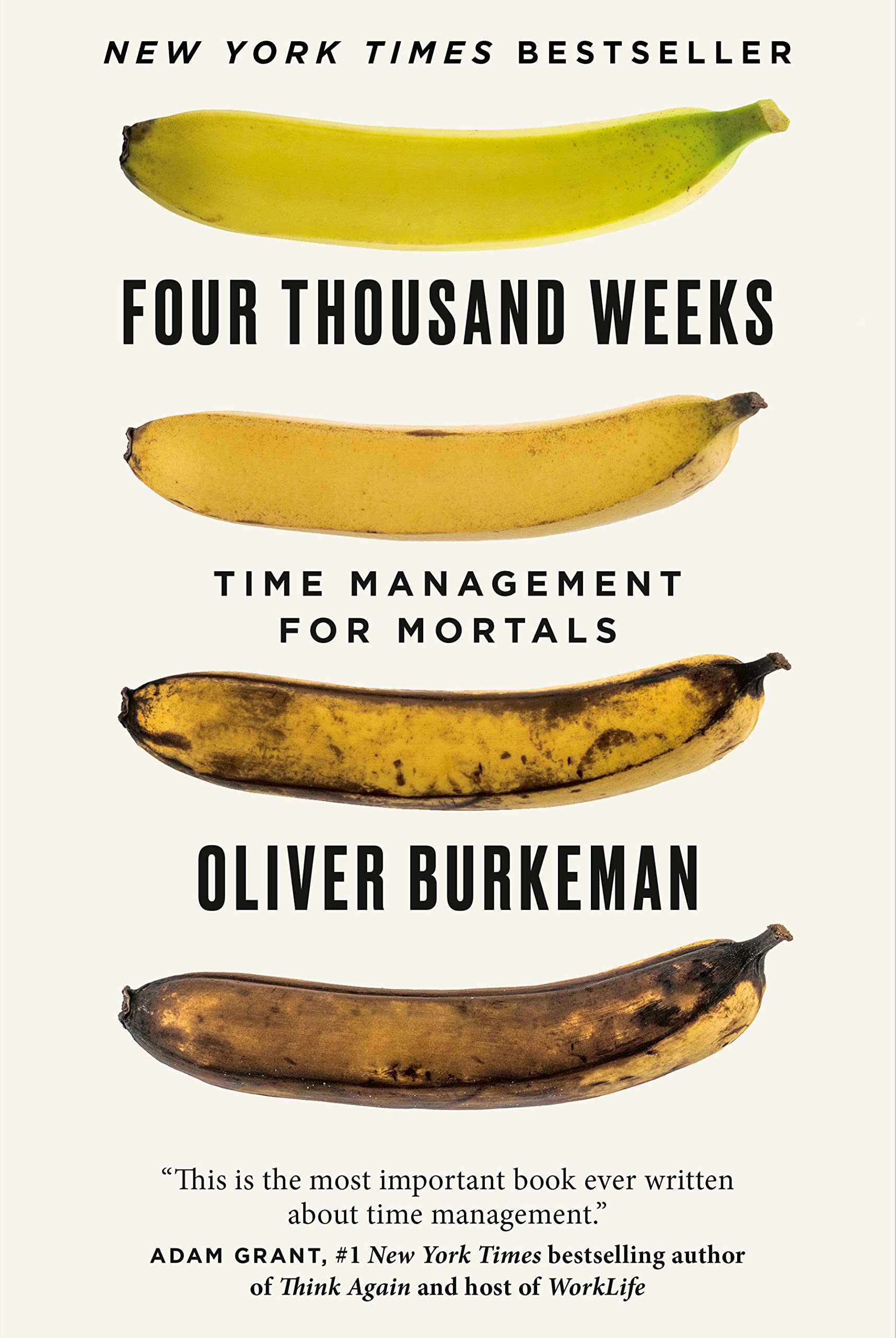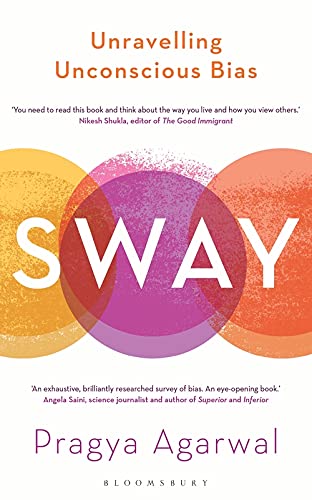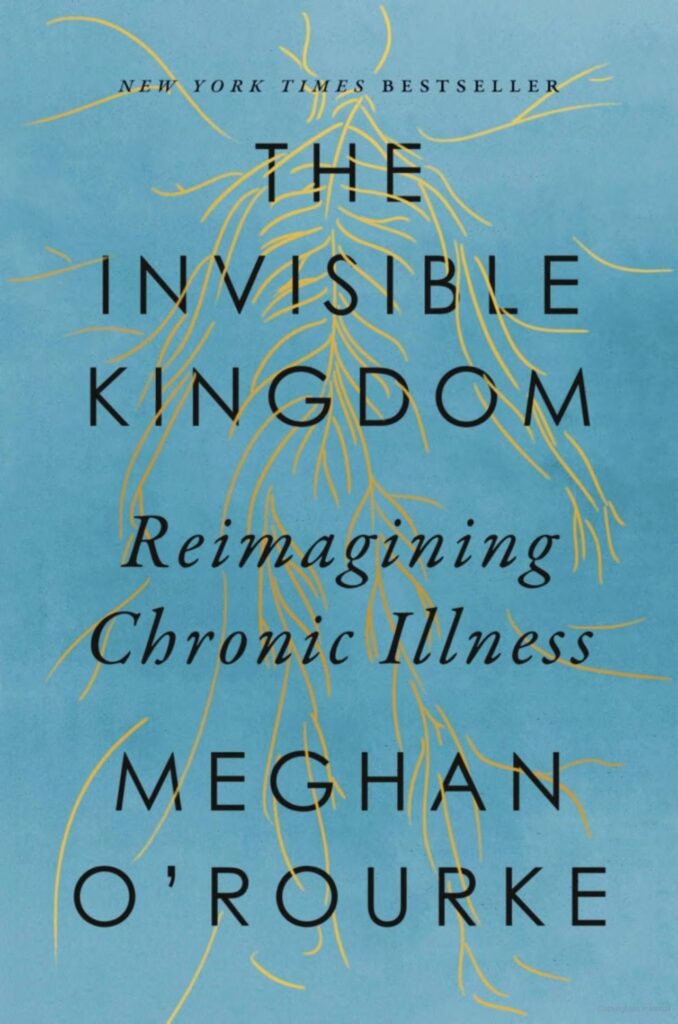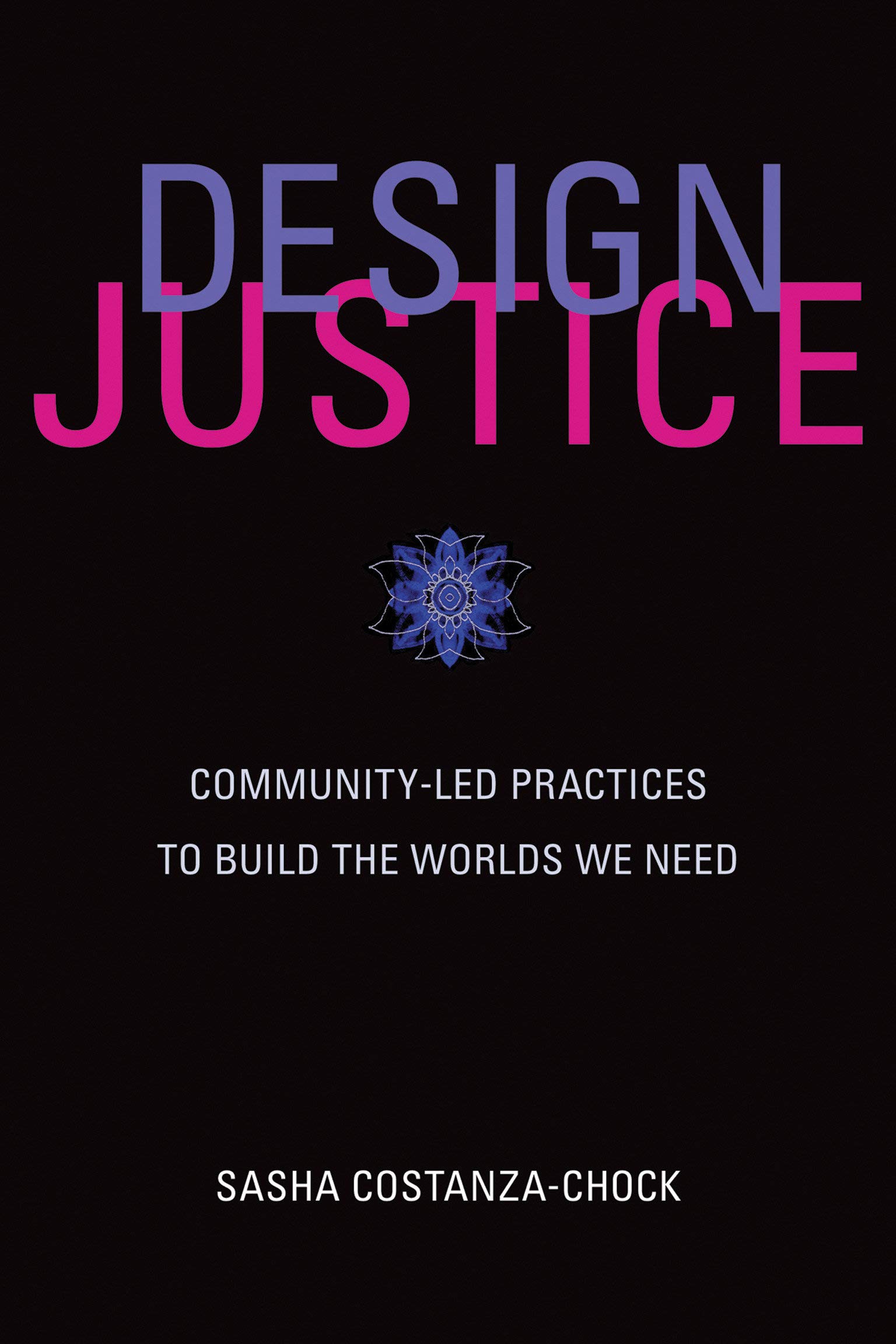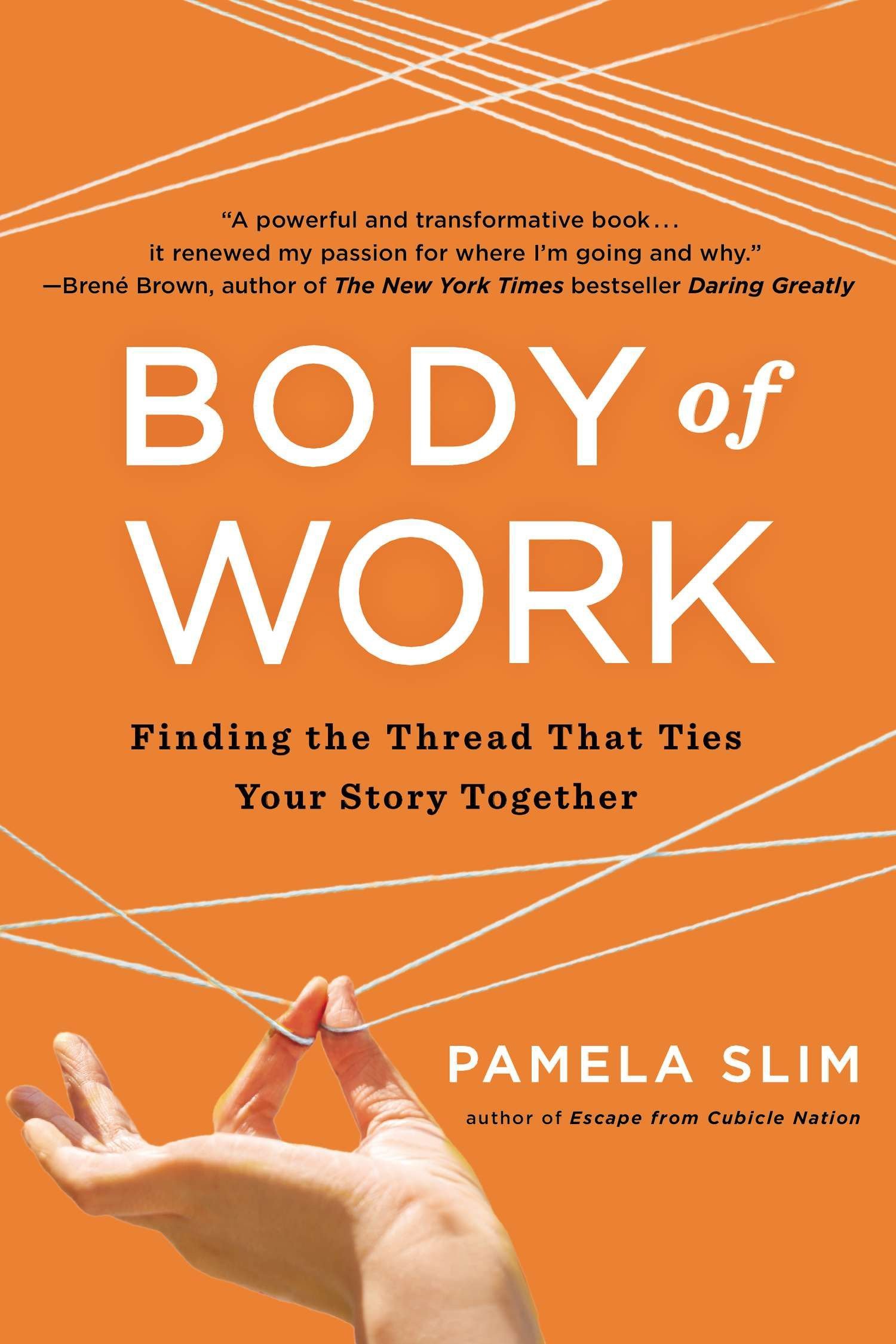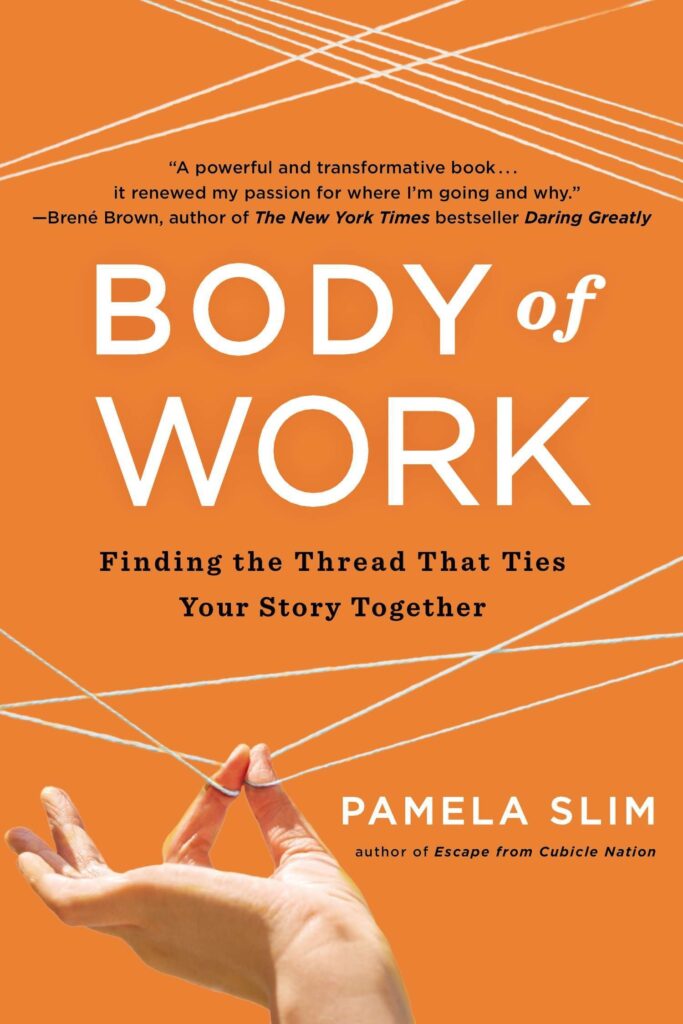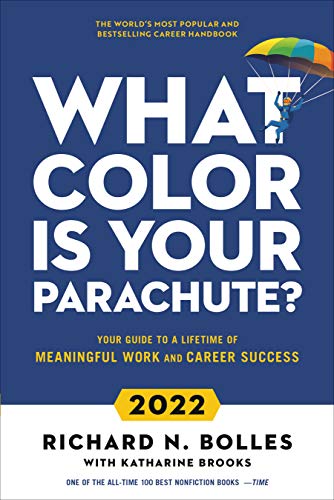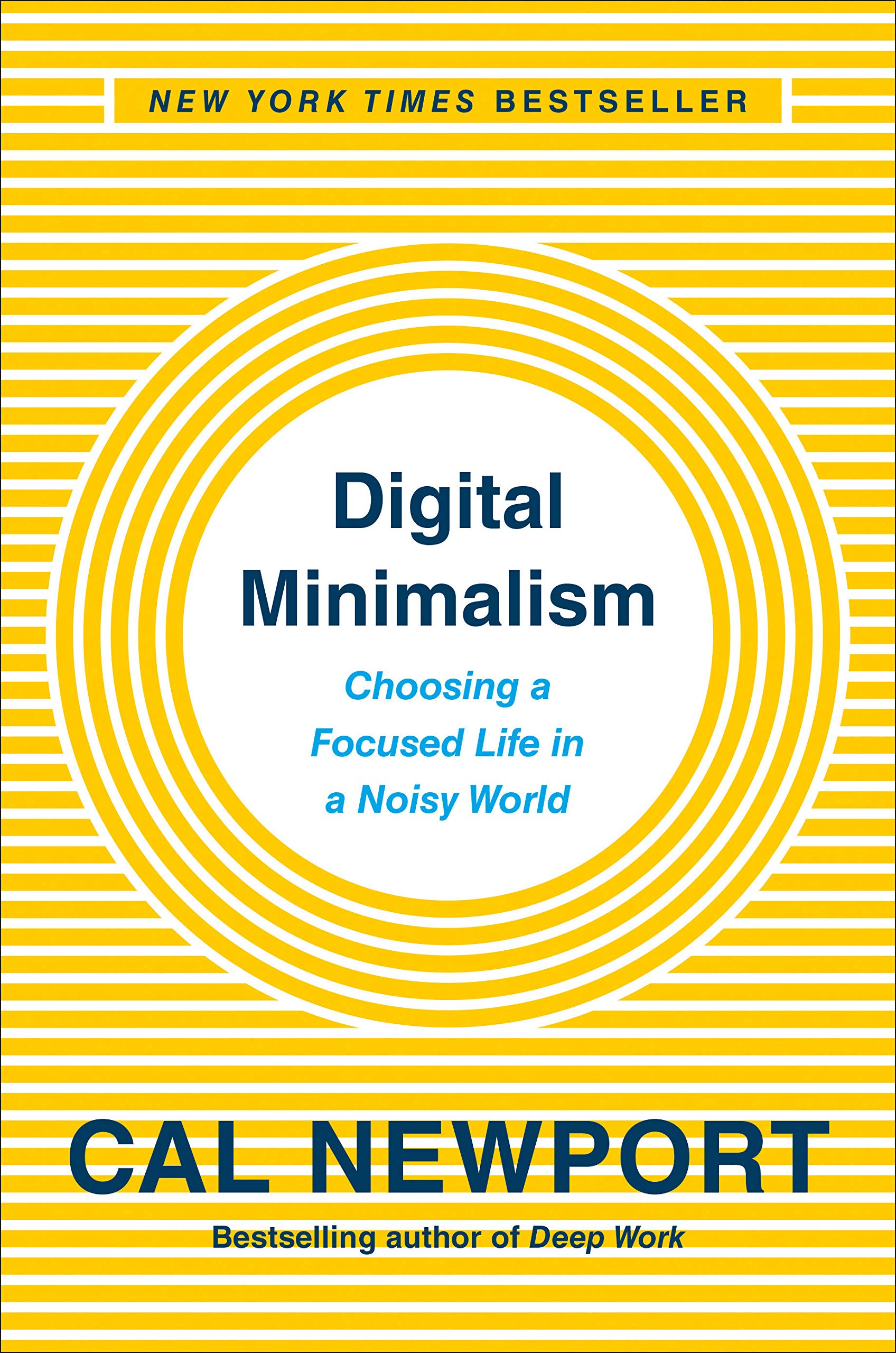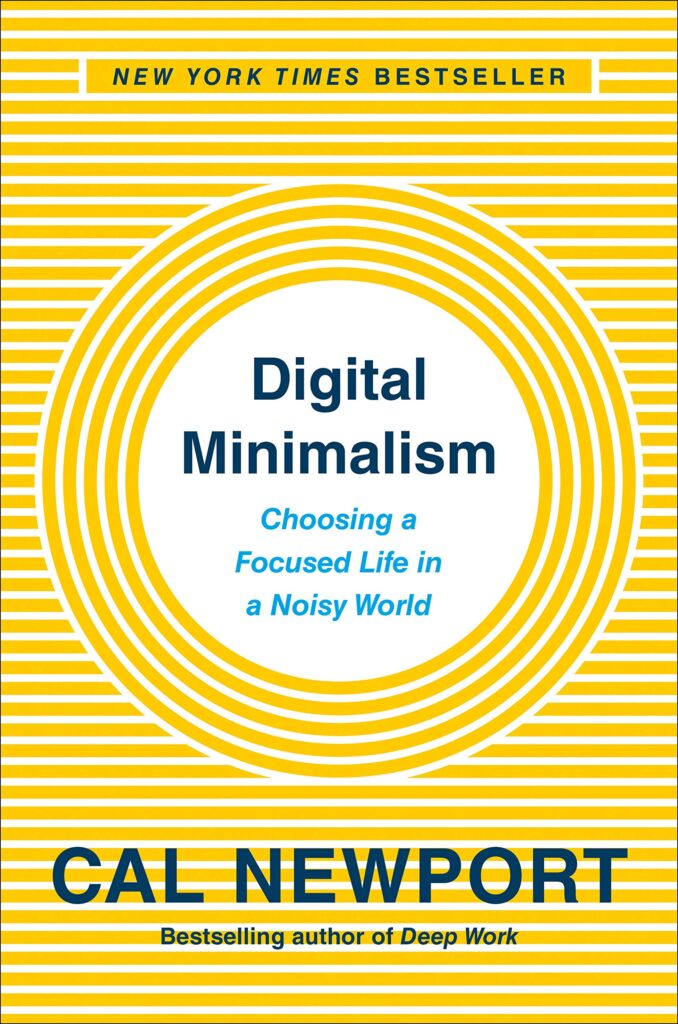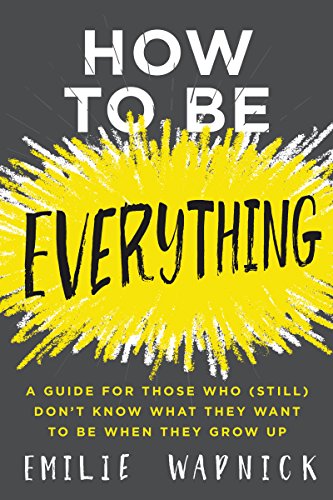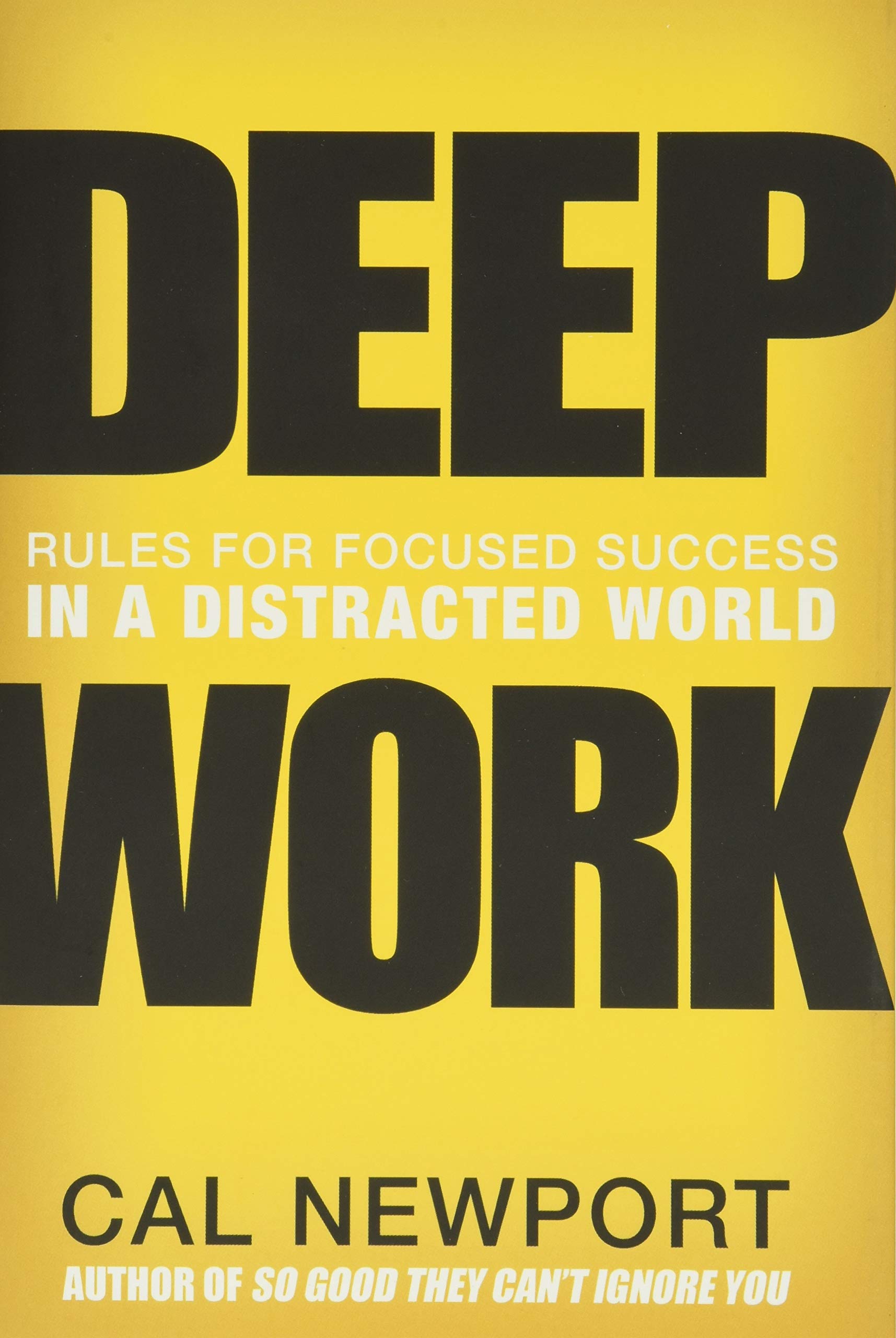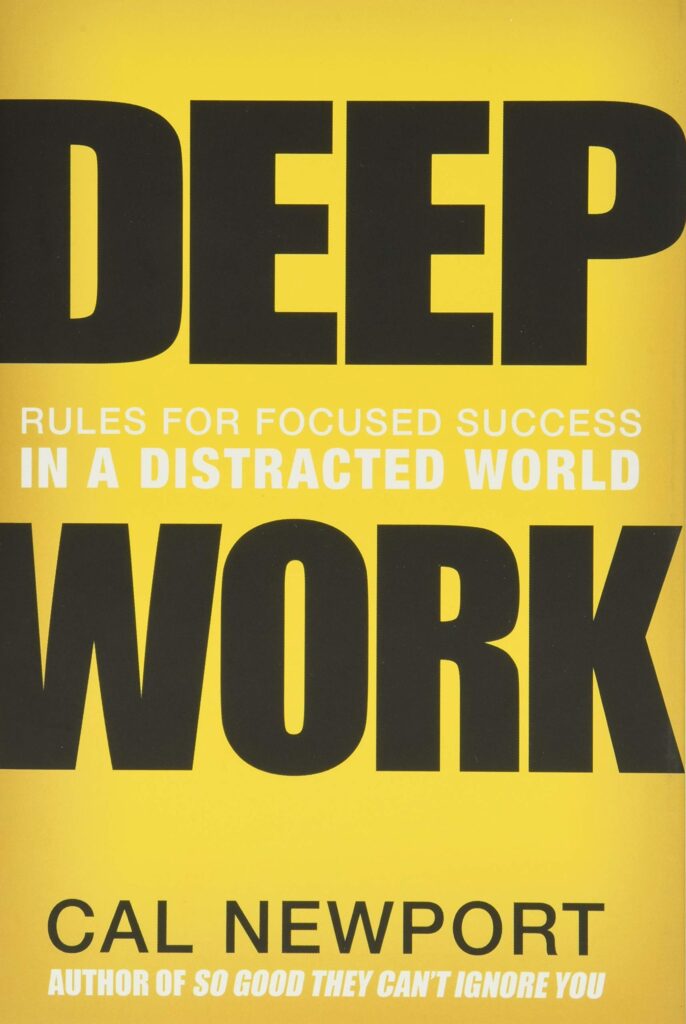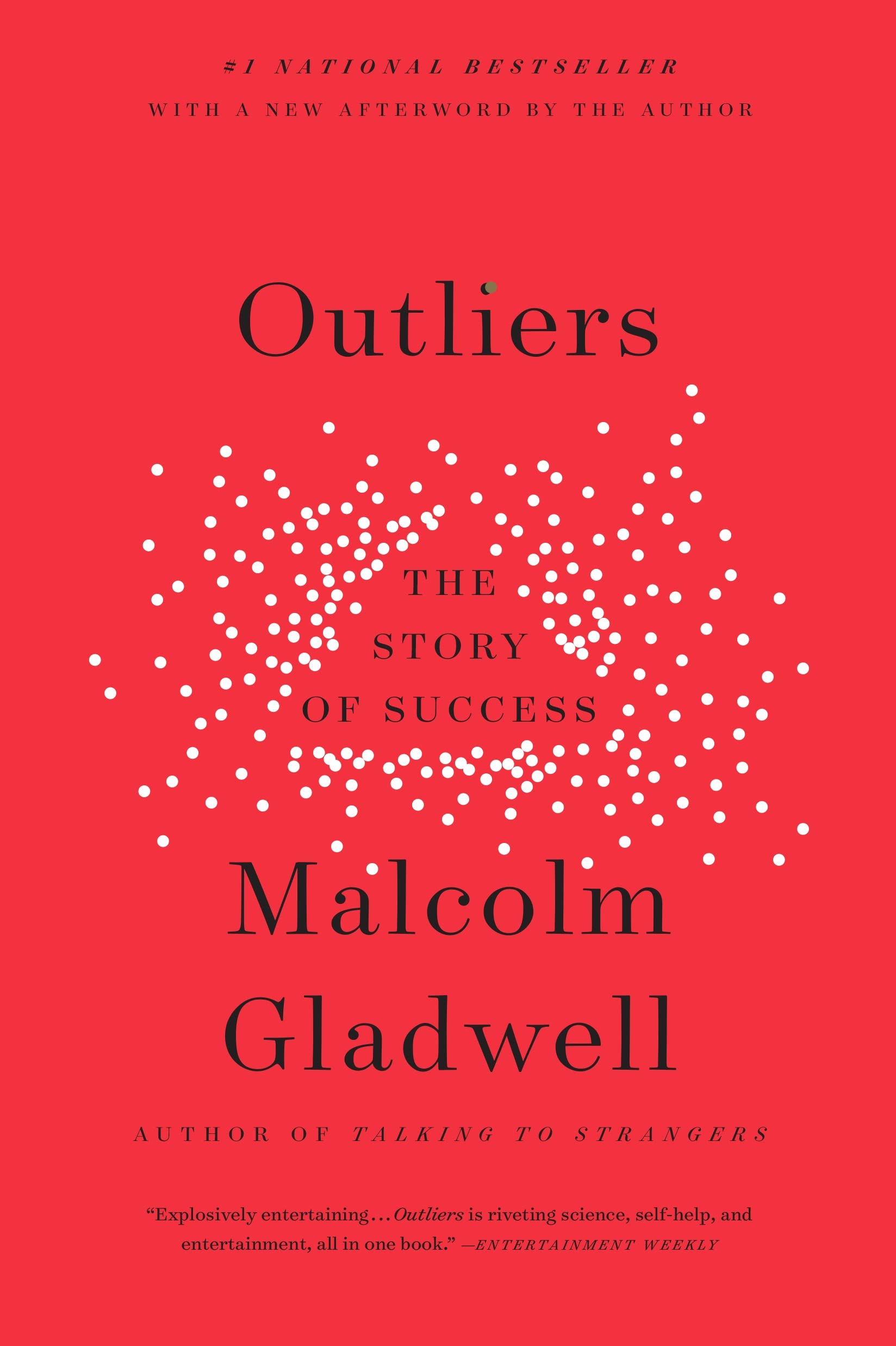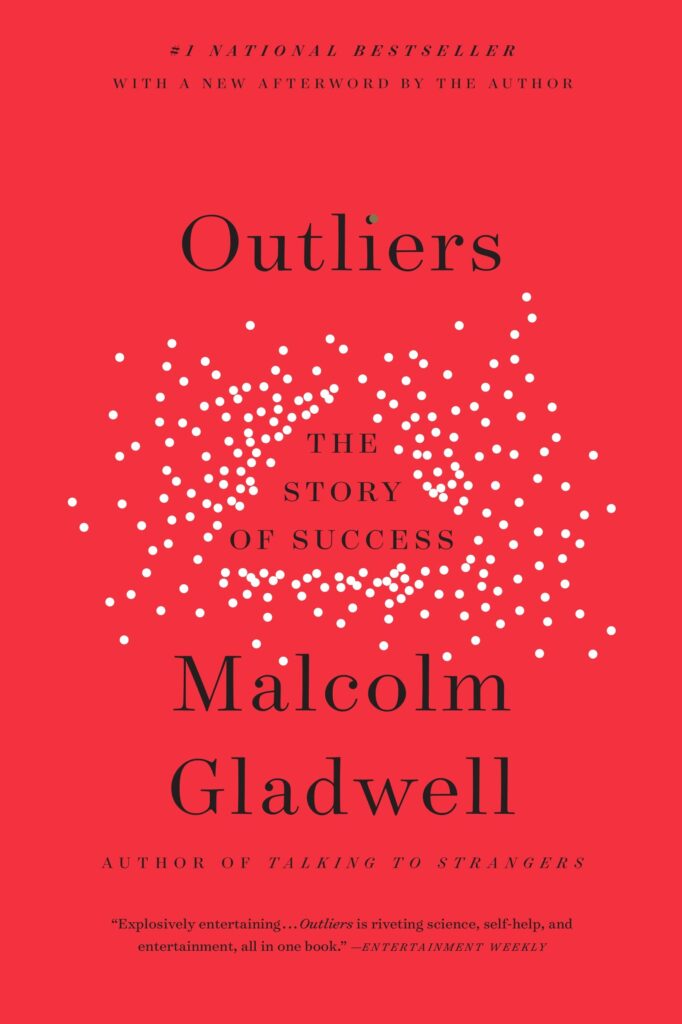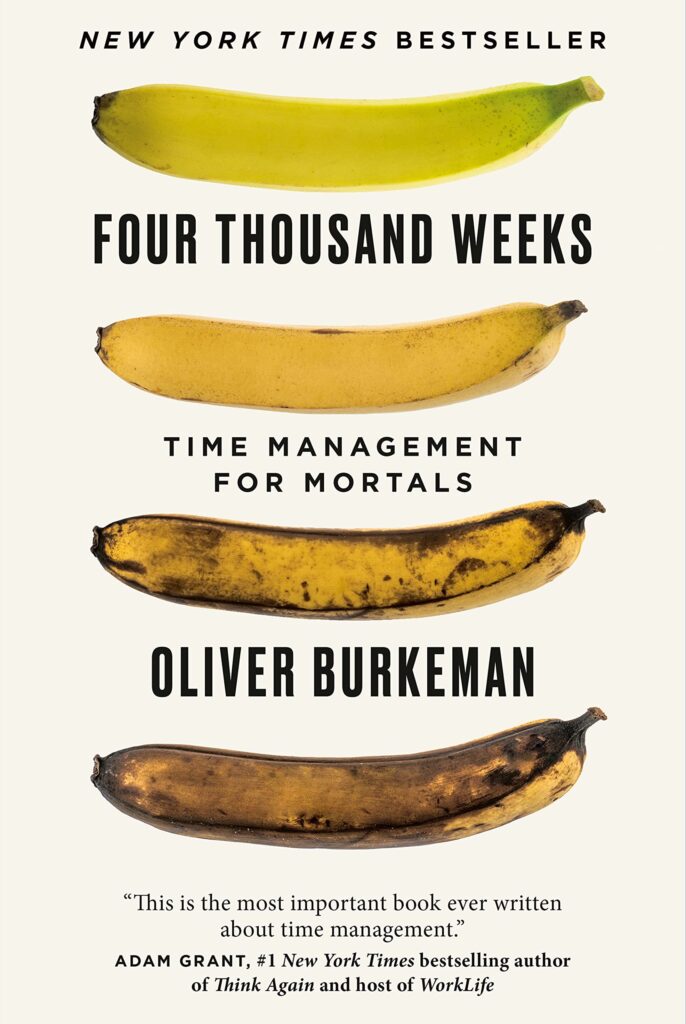
Time to tackle the digital TBR! There’s not as many books in there as I thought (Or maybe I just haven’t been looking at the right place) and it’s been ages since I got these so this should be interesting. I don’t even remember when I got these ones…
Four Thousand Weeks looked like a productivity book and even started like one, but quickly devolved into a discussion on time and what the purpose of productivity is. It’s an interesting intersection of what productivity practices teach and why being productive isn’t necessarily the best thing for us as people.
As someone who has been learning an awful lot about rest the last year and trying to make life better for myself in the long run, I really resonated with some of the discussions around how the things you once did for enjoyment become things you have to do for income and the loss of enjoyment in the name of productivity in general. The idea that you can just… not for a while is strangely comforting.
Overall, I really liked it, even if it wasn’t what was expected. There are legitimate tips in the book, but if you’re looking for something that goes more into the purpose and intent of productivity and rest, this one is a great read.
